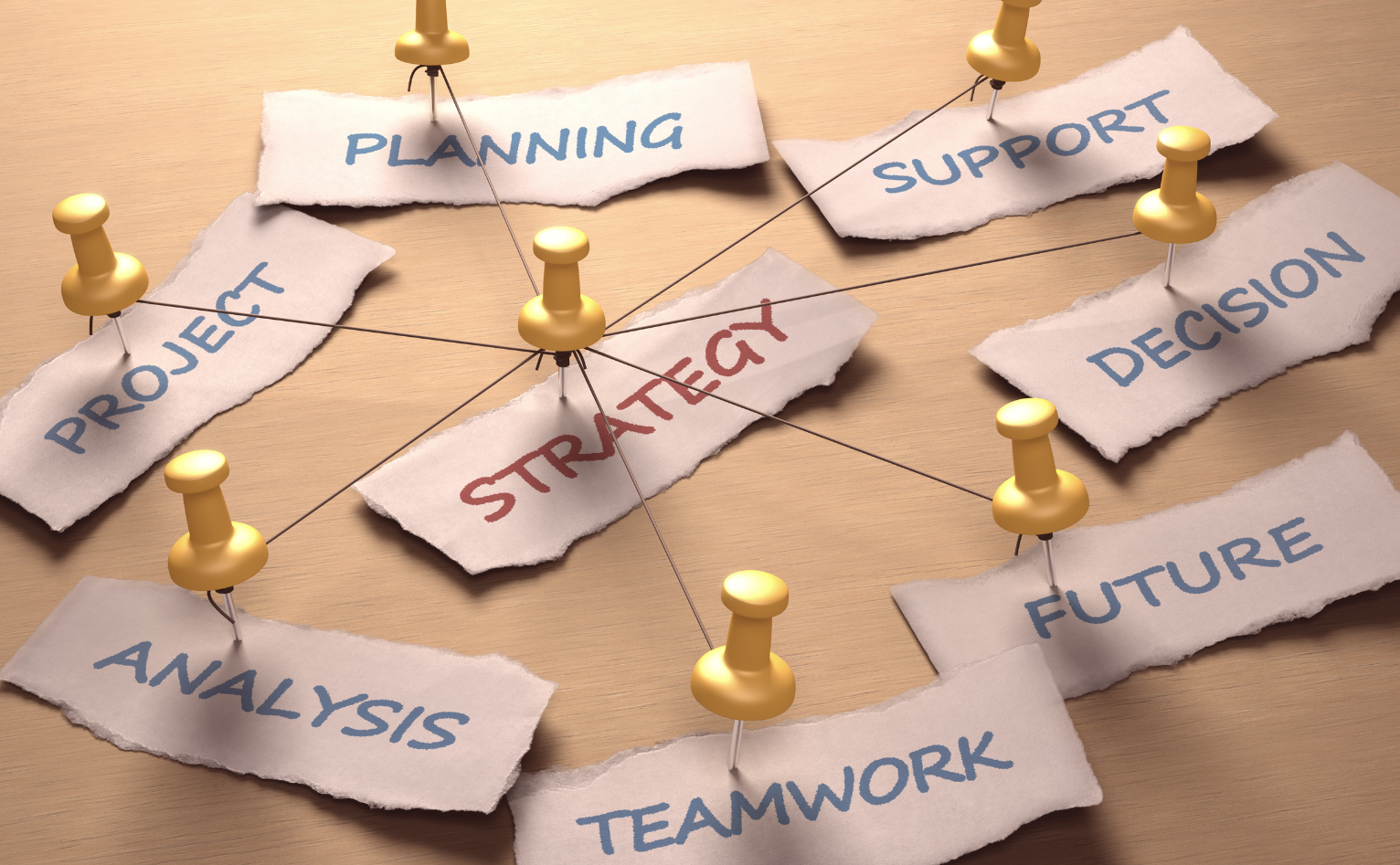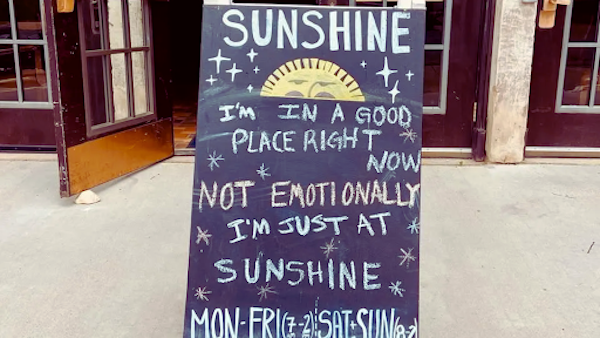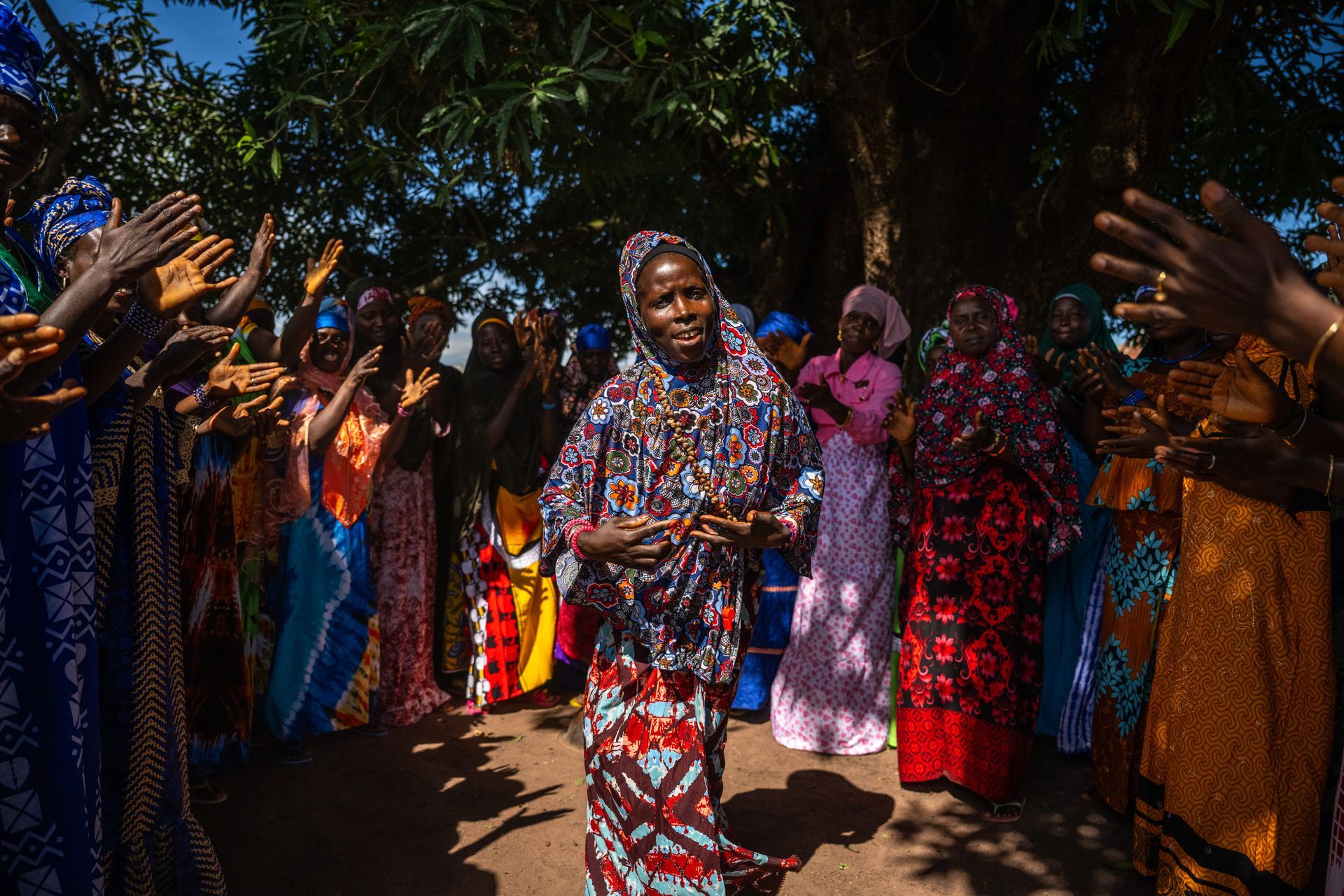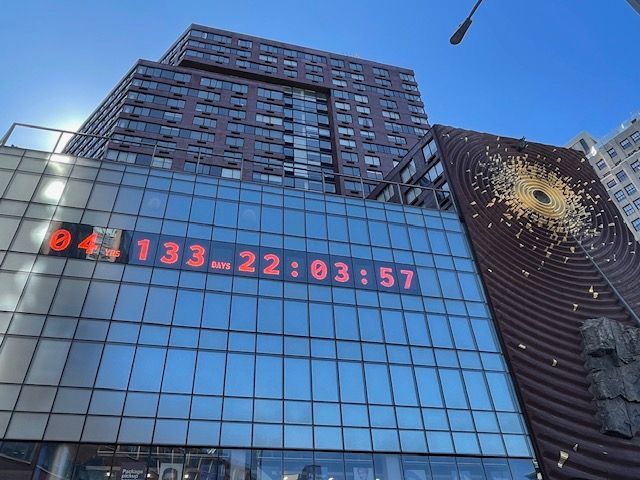By Ioannis Ioannou, PhD
•
June 19, 2025
London Business School Professor Ioannis Ioannou, PhD examines the vulnerable narrative infrastructure surrounding ESG. By collaboratively engaging those most affected by ESG transitions—indigenous peoples, workers, young people, small businesses, and communities, particularly in the Global South—we can foster the trust, legitimacy, and collective commitment for meaningful progress. Who Gets to Tell the Story of ESG? For more than a decade, ESG rapidly evolved from a specialized investor consideration into an elaborate global infrastructure of standards, metrics, taxonomies, and disclosure frameworks. Investor attention soared, corporate sustainability teams grew exponentially, and ESG vocabulary— climate risk, fiduciary duty, and double materiality—became firmly embedded in corporate boardrooms and regulatory discussions globally. Yet, despite ESG’s impressive institutional and technical advancements, the narrative meant to support it remained remarkably fragile. While ESG developed sophisticated standards, disclosures, and metrics, it never invested in the narrative infrastructure to explain its purpose, build public understanding, or secure legitimacy beyond institutional circles. Without the broader stakeholder engagement and effective storytelling that would connect ESG to people’s lived realities, it became vulnerable. Critics didn’t need to challenge carbon accounting or materiality frameworks; instead, they recast ESG as a job killer, an elite agenda, or an unwelcome intrusion into everyday life. The backlash caught many ESG professionals off guard, though the warning signs were visible. ESG’s rapid adoption by investors and regulatory bodies created an illusion of momentum, but this obscured a deeper structural gap. ESG rarely connected meaningfully with those directly affected by ESG-driven transitions—workers facing disruption, small business owners adapting to shifting expectations, and communities, particularly in vulnerable regions, confronting real and immediate climate risks. For these groups, ESG often seemed abstract, distant, and disconnected from their daily concerns. Narrative infrastructure might sound like an unusual concept, but it's foundational to widespread support. It connects people and institutions, conveys meaning, and determines whether ESG is seen as genuine leadership or merely corporate branding. Robust narrative infrastructure ensures resilience under political pressure; without it, initiatives can rapidly lose whatever public approval they may have had. Constructing narrative infrastructure requires explicitly recognizing storytelling— and who contributes to that storytelling—as integral to ESG strategy, not simply a communications exercise. Effective narratives generate trust precisely because they emerge from transparent dialogue, clear accountability, and inclusive stakeholder engagement. By contrast, greenwashing uses storytelling deceptively, aiming to conceal poor performance, and deflect scrutiny. Strong narrative infrastructure, unlike greenwashing, strengthens credibility and legitimacy by openly connecting ESG commitments to shared realities, tangible actions, and measurable outcomes. It is a fundamental strategic asset for ESG success. Importantly, narrative infrastructure also concerns who gets to tell these stories. Over the last decade, the central narrators of the ESG story have largely been institutional actors: executives, investors, sustainability professionals, academics, and regulators. Their contributions have been invaluable, driven by expertise, rigor, and genuine commitment. Yet these narrators also represent a relatively narrow perspective, shaped by institutional backgrounds and professional incentives. Many important voices have remained largely excluded from shaping ESG narratives: indigenous people whose lives are often fundamentally changed by corporate activities, workers whose livelihoods are directly impacted by ESG transitions, young people deeply invested in future outcomes, small businesses continuously adapting to new ESG-related requirements, and especially communities—particularly in the Global South —directly facing the worst of climate disruptions. While these stakeholders' experiences occasionally appear within ESG reporting, they seldom influenced strategy or shape decisions in a substantial way. This exclusion poses significant, practical risks. Stakeholders naturally resist initiatives perceived as imposed from above or disconnected from their lived realities—not necessarily because they oppose ESG’s goals, but because they feel unheard and invisible within such ESG narratives. The resistance appears as political backlash, active public scepticism, or disengagement, all severely undermining ESG’s legitimacy, effectiveness, and public support. Addressing this critical weakness requires deliberately building ESG’s narrative infrastructure through inclusive, collaborative, and ongoing engagement. Practically, companies should move beyond occasional or reactive consultations toward sustained processes where stakeholders actively shape strategies. This can involve establishing community advisory boards with real decision-making power, participatory scenario planning that integrates diverse local perspectives, and internal cross-functional councils that ensure workers, communities, and youth voices directly influence ESG outcomes. Such sustained, authentic collaboration bridges the gap between institutional intentions and genuine public legitimacy. Within companies, narrative stewardship should not be limited to corporate communications or sustainability departments alone. Effective ESG storytelling depends on regular, structured collaboration across multiple functions—including strategy, human resources, procurement, product development, and finance—to ensure ESG commitments align authentically with core business decisions and reflect real-world stakeholder experiences. Companies can institutionalize this collaboration by creating dedicated cross-functional ESG committees tasked with integrating diverse internal perspectives, monitoring stakeholder feedback, and ensuring ESG initiatives clearly connect to tangible social outcomes. At an institutional level, building ESG narrative infrastructure involves establishing platforms that broaden participation in ESG discourse. It requires supporting initiatives that improve public understanding of ESG standards and practices, funding research that evaluates public perceptions of ESG alongside traditional financial metrics and ensuring ESG disclosures transparently reflect diverse stakeholder concerns. ESG narrative legitimacy grows stronger when diverse perspectives genuinely shape how ESG commitments are determined and communicated, implemented, and monitored—not merely as token inclusions, but as integral, strategic components of ESG itself. Regulators have an essential role in shaping ESG narrative infrastructure. Current ESG disclosure standards typically prioritize technical accuracy and financial materiality, mostly targeting investor needs. Broadening these frameworks to explicitly incorporate public legitimacy could significantly enhance ESG’s impact. For example, regulators could introduce clear criteria assessing whether companies effectively communicate their ESG strategies to diverse stakeholders and evaluate how these communications influence brand value and reputational risk—approaches already emerging in Europe’s Green Claims Directive and the CSRD/ESRS focus on double materiality. Additionally, policy evaluations could systematically measure whether ESG initiatives are genuinely perceived as fair, inclusive, and beneficial by the communities they affect. Public support and trust require deliberate and continuous effort; they cannot be assumed or taken for granted. Fortunately, inspiring examples of effective ESG narrative infrastructure already exist. Companies like Patagonia have openly integrated supplier and worker voices into their ESG narratives, transparently highlighting labour practices and sourcing standards, significantly enhancing their credibility. Unilever’s inclusive “living wage” campaigns have similarly leveraged stories from frontline workers to connect ESG metrics with tangible social outcomes, strengthening stakeholder trust. Industry-specific initiatives, such as the Bangladesh Accord in apparel, demonstrate how authentically incorporating diverse stakeholder experiences—including employees, unions, and community representatives—into ESG reporting can reinforce accountability and legitimacy. These examples highlight how inclusive storytelling, grounded in genuine stakeholder participation, can transform ESG commitments from abstract promises into credible actions with real-world impact. ESG professionals now face an exciting strategic opportunity: intentionally building a narrative infrastructure that's genuinely inclusive, collaborative, and resilient. Yes, involving diverse stakeholders means navigating complexity, dialogue, and occasionally tough compromises. It also means embracing participatory processes that might feel messier or less predictable. But it's exactly this diversity of voices and collective authorship that generates persuasive, robust narratives—ones that not only resonate widely but can confidently withstand shifts in politics, culture, and public sentiment. Beyond strengthening ESG's narrative infrastructure, it's important for ESG professionals to step back and consider sustainability more broadly. By explicitly linking ESG narratives to overarching sustainability objectives—such as respecting planetary boundaries and enabling a just transition—professionals can better illustrate how financial markets, corporate strategies, and policy frameworks actively support broader ecological and social well-being. Making these broader connections explicit can deepen trust, enhance engagement, and ensure the interconnected ESG-sustainability story resonates meaningfully with all those whose futures depend on it. We stand at a turning point, facing a critical opportunity to strengthen ESG’s narrative foundations. While ESG’s narrative fragility has been clearly exposed, this moment also offers an inspiring chance to intentionally build a more inclusive, credible, and resilient narrative infrastructure. The future of sustainability depends not only on rigorous metrics or detailed disclosures, but ultimately on whether those whose lives are impacted recognize themselves clearly in its story. By authentically amplifying diverse voices, explicitly connecting ESG initiatives to broader sustainability goals, and developing narratives rooted in real-world experiences, we can foster the trust, legitimacy, and collective commitment necessary for meaningful and lasting progress.









